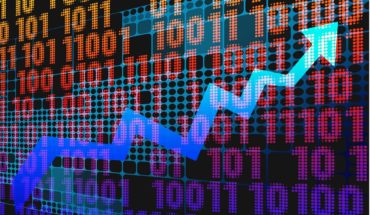Leverage can bring both joy and despair in CFD trading. It can either make or break your success in trading. In some cases, millionaire traders were able to get to where they are today, thanks to leverage. Without leverage, it would be really hard for them to build up the capital to be used for trading, and eventually, they are nowhere near to becoming successful. As a matter of fact, some of today’s popular trading instruments such as CFDs and spread betting are reliant on leverage. It is also one of the driving points for aspiring traders who cannot afford to take on the full trading capital. But before anything else, what is leverage?
What is Leverage?
Leverage is an instant loan that the broker provides to the trader. It helps in gearing up his market exposure without the need to invest in the 100% value of the asset. Most of the time, a broker will allow the trader to open a trading position under a higher trading value than the trader’s account balance. Traders are only required to pay as small as 5% of the full trade value to proceed with the transaction. After paying the 5% deposit, also known as the margin, the trader can now trade the 100% value of the asset.
While leverage has a positive effect on trading, it somehow presents massive risks and dangers that can even bring disaster to experienced traders. Leverage can either work for you but it can also ruin your trading account if you fail to handle it accordingly.
Understanding the Financial Costs and Margins Associated with CFDs

To add to the financial costs that you will have to pay for a failed trade, you also have to pay for the negative leveraged position. The trader will make a margin call stating that your open positions will be closed if the amount will not be paid. Just for this reason, it is highly needed to take into account the risks posed by using leverage, monitor your risk management strategy, and build a strong trading strategy to minimize the losses incurred in your trading account.
Leverage can act like a double-sided sword – it mirrors your gains but also mirrors your losses. To become successful, you must put extreme caution when preserving your trading capital. Ensure that your decisions are based on the trading plan that you have. As mentioned above, leverage is not always advantageous, therefore, you need to be cautious in dealing with its disastrous effects.
The appeal of CFD trading is mostly attributed to leverage. It is the main component of Contract for Difference (CFD). Traders embrace leverage as part of their trading career but they must also ensure that their exposure is under control and still within a reasonable boundary. As much as possible, take several steps to protect your positions, set up stop-loss orders, and empower your risk management strategy as these will help you during unfavorable times. Leverage goes hand in hand with CFDs. Never get too scared to use it as long as you have the right risk management tools.




